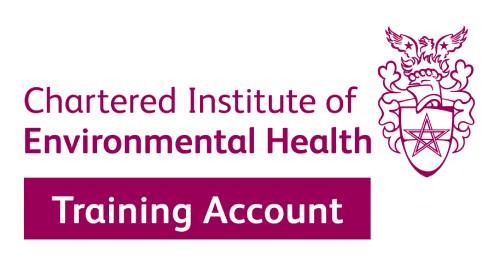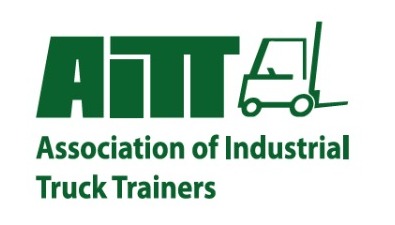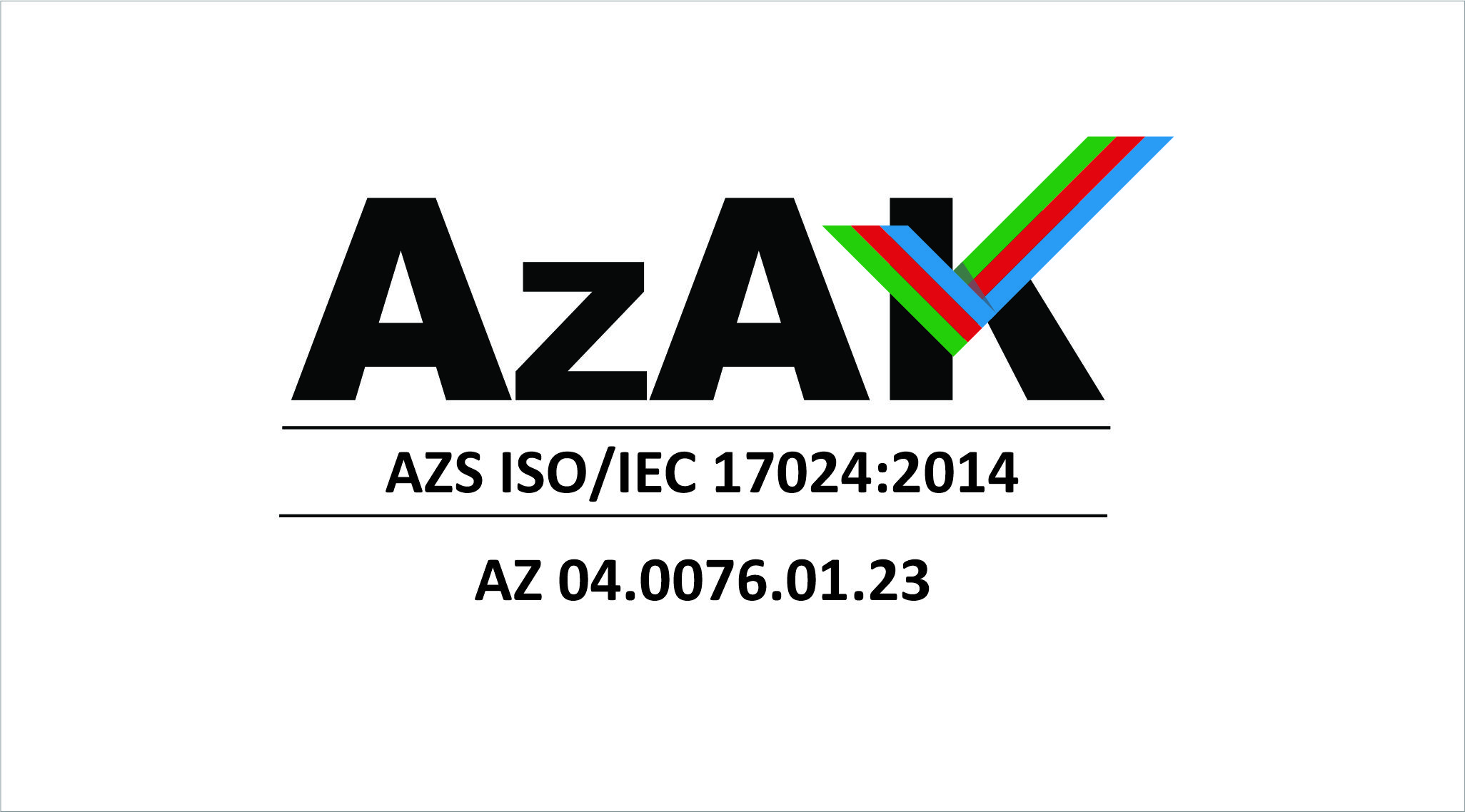- SAT Plaza Business Center. 133 Bashir Safaroghlu st, AZ1009, Baku Azerbaijan
- +994 55 687 80 35
About ISEP
ISEP - The Institute of Sustainability and Environmental Professionals is the worldwide alliance of environment and sustainability professionals working to make businesses and organisations future-proof.
Through global sustainability standards and partnerships, ISEP drives understanding and uptake of crucial green skills vital to keep the world of business in business. ISEP provides training and frameworks for those new to sustainability and for dedicated sustainability professionals and those in between.
Course Specification "Environmental Sustainability Skills for Managers"
The Environmental Sustainability Skills for Managers course aims to provide supervisors and managers with a strategic and operational overview of environmental sustainability as it affects their specific industry and work area.
The course covers the understanding of the strategic opportunities and constraints that environmental sustainability presents organisations; the importance of resource efficiency; the impact of environmental sustainability across the value chain; the impacts of pollution, prevention, control and environmental legislation in organisations; and how employees support environmental sustainability.
COURSE DURATION
14 Guided Learning Hours/2 Days
WHO IS THIS COURSE FOR?
IEMA Environmental Sustainability Skills for Managers is for managers, supervisors and leaders who wish to implement improvements in sustainability performance using broadened knowledge and skills.
MATERIALS AND CERTIFICATION
A full range of training materials are available for this course. This course comes with structured learner workbooks, a trainer manual and an online assessment produced by ISEP . This course is an ISEP Certified course and certificates are provided by ISEP to learners who have successfully completed the course.
Course structure and components
Course sections
Section 1 – Context for Environmental Sustainability
Section 2 – Key Environmental Sustainability Issues
Section 3 – Compliance Obligations
Section 4 – Improving Environmental Sustainability Performance
Section 5 – Sustainability and Data
Section 6 – Environmental Sustainability Through the Value Chain
Section 7 – Circularity and Resource Efficiency
Section 8 – Creating Effective Change
Day 1. Section 1: Context for environmental sustainability
• Global risks relating to sustainability
• ‘Sustainability’, ‘environmental sustainability’ and ‘sustainable development’ and the UN Sustainable Development Goals
• Planetary boundaries
Day 1. Section 2: Key environmental sustainability issues
• Introduction to climate emergency and net zero
• Carbon footprints
• Causes and impacts of climate change and global heating
• Climate tipping points
• Climate solutions and opportunities
• Biodiversity and conservation
• Value of nature
• Pollution risk management
• Water consumption management
• Waste management
• Introduction to the circular economy
Day 1. Section 3: Compliance obligations
• Types of environmental compliance obligations
• Example compliance obligations: UK Climate Change Act 2008, Paris Agreement on Climate Change
• Consequences of non-compliance
• Mechanisms for managing compliance
• Environmental management systems
Day 1. Section 4: Improving environmental sustainability performance
• Making a plan for improvement (end of Day 1 reflective exercise)
Day 2. Section 5: Sustainability and data
• Sustainability key performance indicators
• Sustainability data – example energy
• Basics of greenhouse gas accounting
• Science-based targets
Day 2. Section 6: Environmental sustainability through the value chain
• Meaning of the term value chain and its relevance to environmental sustainability
• Examples of risks and impacts across the value chain
• Life-cycle thinking and life-cycle assessment with examples
Day 2. Section 7: Circularity and resource efficiency
• The need for resource efficiency and circularity
• The waste hierarchy
• Waste treatment (global picture)
• Environmental impacts of waste
• Circular economy – recap and material flows
• Examples of applications of circularity
• Water management and the water management hierarchy
• Using water management data
• Energy management and auditing
Day 2. Section 8: Creating effective change
• Sustainability progress for organisations
• Business case for sustainability
• Creating effective change programmes
• Understanding your organisation’s context with regards to sustainability and use of PESTLE tool and materiality assessment
• Roles and responsibilities for sustainability
• Why sustainability is important for employees
• Green skills in organisations
• Behaviour change and sustainability
• Communications and sustainability
COURSE ASSESSMENT
The ISEP Environmental Sustainability Skills for Managers is assessed through a 20-question 30-minute multiple-choice online assessment. The pass mark is 70% (14 out of 20 questions to be correctly selected). The test is completed through the ISEP assessment portal and candidates are sent a link upon registration to the assessment.
LEARNING OUTCOMES
1. The Learner will have knowledge and understanding of the main environmental and economic risks and opportunities
2. The Learner will have knowledge and understanding of compliance obligations and business drivers for change
3. The Learner will have knowledge and understanding of the main potential impacts on environment and sustainability
4. The Learner will have knowledge and understanding of how to improve environmental performance
5. The Learner will evaluate drivers for change and barriers
6. The Learner will apply knowledge and understanding to baselines data to monitor and improve performance
7. The Learner will apply knowledge of environmental sustainability across the value chain
8. The Learner will demonstrate the importance of implementing resource efficiency
9. The Learner will demonstrate how employees can improve environmental performance



















